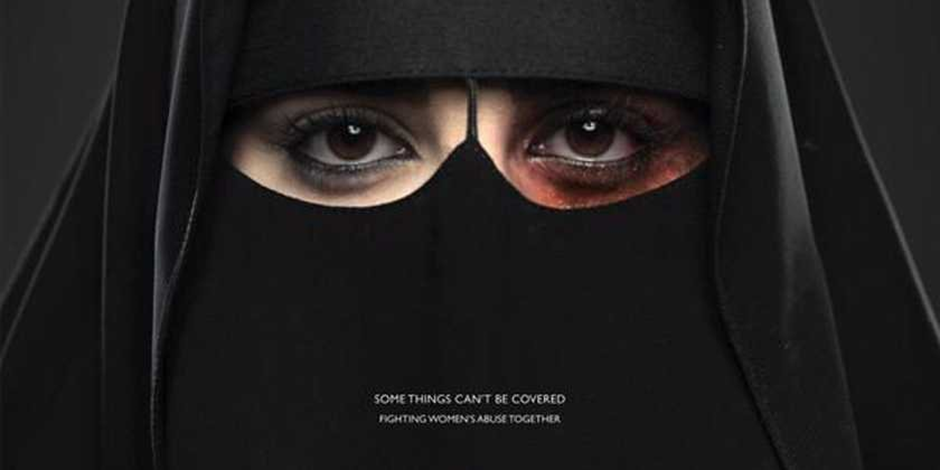
Advertising for Good
Advertising has a mixed reputation. For some people it is manipulative, even evil; persuading people to buy what they don’t need at inflated parties.
Many in the industry would however argue that advertising per se is neither inherently good nor bad; it is what it is used for and how it is used that defines its inherent worth.
Whatever your view, it would be hard to argue that the 2013 campaign run by the King Khalid Foundation and Memac Ogilvy aimed to do anything but good.
The idea for the campaign started with advertising agency Memac Ogilvy in Riyadh and for them it was both a social and a personal issue.
“Women’s abuse is a real taboo subject in Saudi Arabia, and is constantly brushed under the carpet. There are no concrete figures as to how many women are abused in the Kingdom as no studies have ever been allowed, but many put the numbers at 92% of married women.
This rang true closer to home, when a member of the agency confirmed this had happened to someone close to them which concerned us and (we) wanted to help. So how do we create awareness, change and cut-through in a country that is very conservative and culturally sensitive, and give women the protection they need, as there is no current law to protect them.”
The creative team Jimmy Youssef (copywriter) and Scott Abbot (Art Director), along with Abdulrahim Bukhmssinand (Account manager) and Ossama El-Kaoukji (Chief creative officer) set about creating something that they wanted to be “a proactive campaign that was both controversial, but also paid homage to the culture that exists in Saudi Arabia. A campaign that could only have come from the Kingdom, was a first and (could be) herald(ed) as groundbreaking”.
The ad they created featured an image of close-up of a burqa-clad woman, but when you looked more closely you saw that the women had one ‘normal’ eye and one black eye.
Beneath her eyes is a short piece of copy; the English version reads; “Some things can’t be covered.” The Arabic version, according to Foreign Policy’s David Kenner, translates roughly as “The tip of the iceberg.” Underneath would be phone numbers for local domestic abuse shelters.
With the idea developed, the team approached the King Khalid Foundation, a not-for-profit organisation established in the King’s memory by his family, in the Islamic year of 16/12/1421 or 11/3/2001. Its aim is to be the leader of the philanthropic and development work in KSA that positively affects peoples’ lives, by providing innovative solutions to critical socio-economic challenges in the Kingdom.
The foundation loved the idea and gave their total backing to the campaign, setting up the “No More Abuse” in conjunction with Memac Ogilvy.
The ad ran in the April 17th and 18th 2013 editions of Saudi national newspapers – Alwatan and Alriyadi, as well as appearing in KKF social media channels, twitter, and Facebook. A website for the campaign included a report on reducing domestic violence and emergency resources for victims.
As expected and indeed hoped for, the ad instantly sparked a nationwide conversation on domestic abuse and woman’s rights in the country. It was a watershed moment for woman’s rights in the country. It was picked up by international news channels and got coverage on both CNN and Reuters.
Less than three months after the ad first ran, the Saudi Council of Ministers passed legislation sponsored by the King Khalid foundation outlawing any form of abuse in the home or workplace.
Today, those convicted of domestic abuse in Saudi Arabia can face a year in prison and a fine of up to 50,000 Saudi riyal (about $13,300).